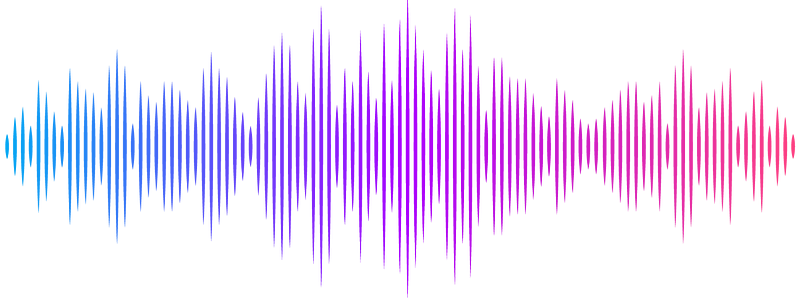Gut transit and gut microbiome changes occur prior to the onset of motor impairment in a mouse model of Machado-Joseph disease

Gut transit and gut microbiome changes occur prior to the onset of motor impairment in a mouse model of Machado-Joseph disease
Zvyagina, V.; Kuriakose, A.; Simo, I.; Kam, J. Y.; Chakraborty, P.; Robinson, K. J.; Potapenko, A.; Watchon, M.; Paulsen, I. T.; Gamage, H. K. A. H.; Laird, A. S.
AbstractWe previously identified microbial shifts prior to the onset of motor and neurological symptoms within a mouse model of the fatal neurodegenerative disease Machado-Joseph disease (MJD). Here, we aimed to explore possible mechanisms contributing to these changes within the microbiome-gut-brain axis, and whether it preceded or followed central neurodegeneration. Here, we report that pre-symptomatic male MJD mice present with significantly different microbiome communities as early as 5-weeks-old. Furthermore, we show that male MJD mice have faster total gut transit times by 9-weeks-old, prior to signs of impaired motor function by 11- weeks-old. To elucidate whether these microbial and colonic functional changes are due to the presence of pathological and morphological changes in the gut, we quantified the formation of ataxin-3 protein aggregates within the gut and examined morphological changes within the gut of pre- and early symptomatic MJD mice relative to proteinopathy in the brain. Interestingly, we observed ataxin-3 aggregates within the brains of pre-symptomatic MJD mice, with significantly more aggregates present in MJD than WT mice from 7-weeks-of-age, an earlier timepoint than previously reported, coinciding with changes within the microbiome. However, we observed no ataxin-3 protein aggregates and no changes in enteric neuron populations or morphology within the gut. Analysis of endocrine factors involved in gut motility and inflammatory markers within the small intestine of 13-week-old males revealed increased expression of genes encoding cholecystokinin (Cck), ghrelin (Ghrl), heme oxygenase (Ho1), interleukin-1 beta (Il1b), and decreased inducible nitric oxide synthase (Nos2). Together, we demonstrate for the first time that colonic dysfunction occurs after gut microbiome changes, but prior to the onset of motor impairments in male MJD mice. Our work suggests that whilst proteinopathy or morphological changes within the gut may not be involved in these changes, inflammation and related endocrine changes could have a role in the interplay between the gut and brain during MJD development, warranting further investigation.